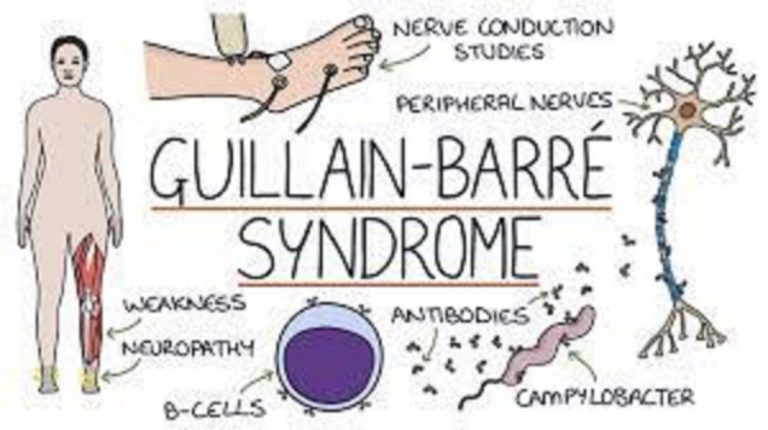
Maybe a couple earlier examinations have endeavored to demonstrate that web-based social networking use hurts clients’ prosperity, and those that have either placed members in improbable circumstances or were restricted in degree, asking them to totally forego Facebook and depending on self-report information, for instance, or directing the work in a lab in as meager time as 60 minutes.
“We set out to complete a considerably more extensive, thorough examination that was additionally more environmentally substantial,” says Hunt, relate chief of clinical preparing in Penn’s Psychology Department.
Keeping that in mind, the examination group, which included ongoing graduated class Rachel Marx and Courtney Lipson and Penn senior Jordyn Young, planned their analysis to incorporate the three stages most well known with a companion of students, and after that gathered target use information naturally followed by iPhones for dynamic applications, not those running the foundation.
Every one of 143 members finished a review to decide state of mind and prosperity at the investigation’s begin, in addition to shared shots of their iPhone battery screens to offer seven days of gauge online life information. Members were then haphazardly relegated to a control gathering, which had clients keep up their run of the mill internet based life conduct, or a trial aggregate that constrained time on Facebook, Snapchat, and Instagram to 10 minutes for every stage every day.
For the following three weeks, members shared iPhone battery screen captures to give the analysts week by week counts for every person. With those information close by, Hunt at that point took a gander at seven result measures including trepidation of passing up a major opportunity, uneasiness, misery, and dejection.
“Here’s the main issue,” she says. “Utilizing less web-based social networking than you ordinarily would prompts noteworthy abatements in both sorrow and forlornness. These impacts are especially articulated for people who were more discouraged when they came into the investigation.”
Chase focuses on that the discoveries don’t propose that 18-to 22-year-olds should quit utilizing online life by and large. Actually, she fabricated the examination as she did to avoid what she thinks about an unreasonable objective. The work does, in any case, address the possibility that constraining screen time on these applications couldn’t do any harm.
“It is a little unexpected that lessening your utilization of online networking really makes you feel less desolate,” she says. In any case, when she burrows somewhat more profound, the discoveries bode well. “A portion of the current writing via web-based networking media proposes there’s a colossal measure of social correlation that occurs. When you take a gander at other individuals’ lives, especially on Instagram, it’s anything but difficult to infer that every other person’s life is cooler or superior to yours.”
Since this specific work just took a gander at Facebook, Instagram, and Snapchat, it’s uncertain whether it applies extensively to other web-based social networking stages. Chase likewise wavers to state that these discoveries would duplicate for other age gatherings or in various settings. Those are questions regardless she wants to reply, incorporating into an up and coming investigation about the utilization of dating applications by undergrads.
In spite of those admonitions, and in spite of the fact that the investigation didn’t decide the ideal time clients ought to spend on these stages or the most ideal approach to utilize them, Hunt says the discoveries do offer two related ends it couldn’t hurt any web based life client to pursue.
For one, decrease open doors for social examination, she says. “When you’re not caught up with getting sucked into misleading content internet based life, you’re really investing more energy in things that will probably improve you feel about your life.” Secondly, she includes, in light of the fact that these apparatuses are digging in for the long haul, it’s occupant on society to make sense of how to utilize them in a way that limits harming impacts. “All in all, I would state, put your telephone down and be with the general population in your life.”
Melissa G. Chase is the partner executive of clinical preparing in the Department of Psychology in the School of Arts and Sciences at the University of Pennsylvania.
Rachel Marx and Courtney Lipson moved on from the University of Pennsylvania in 2018.
Jordyn Young is a member from the University of Pennsylvania Class of 2019.
Story Source:
Materials provided by University of Pennsylvania. Note: Content may be edited for style and length.
Journal Reference:
Melissa G. Hunt, Rachel Marx, Courtney Lipson, Jordyn Young. No More FOMO: Limiting Social Media Decreases Loneliness and Depression. Journal of Social and Clinical Psychology, 2018; 751






